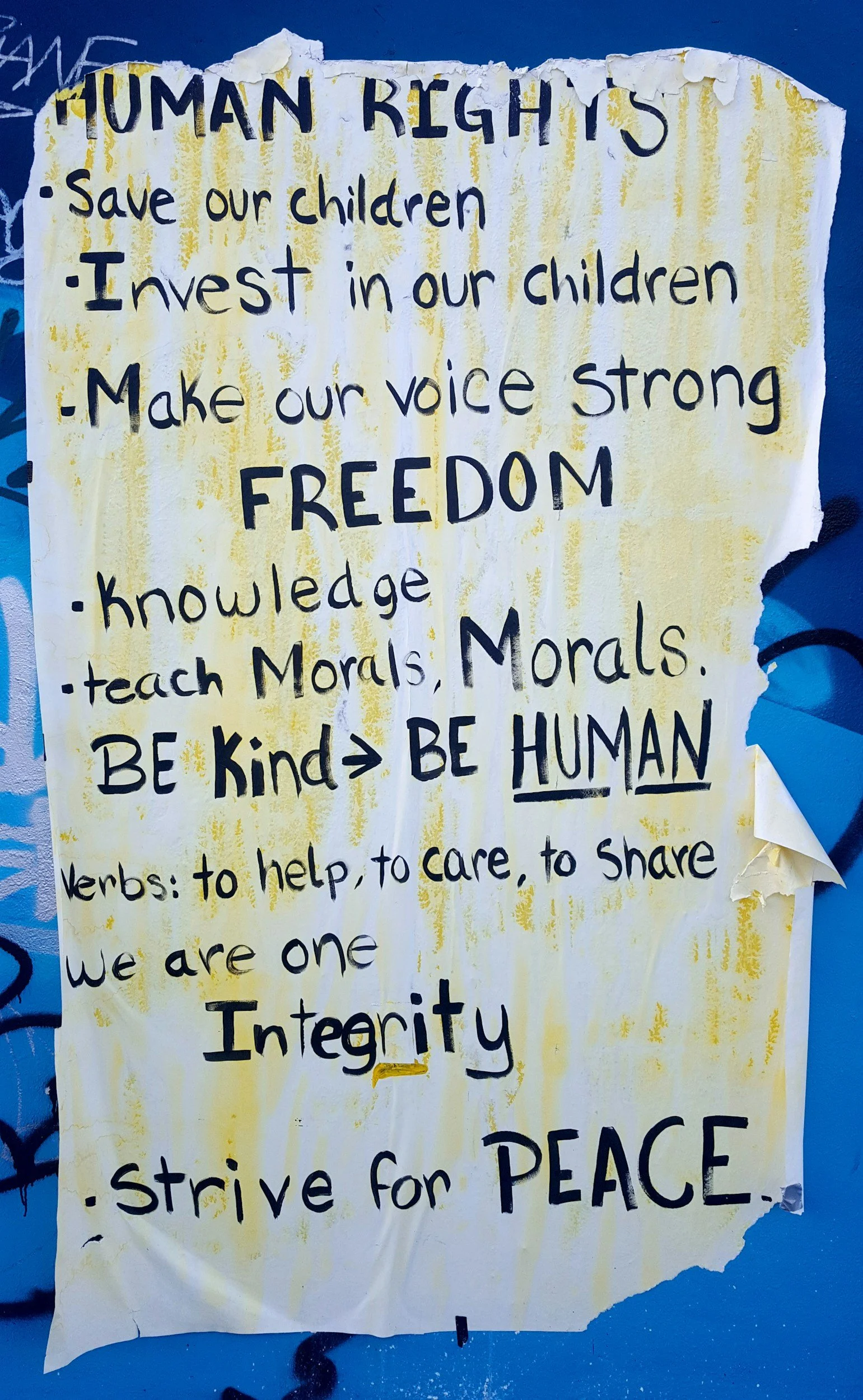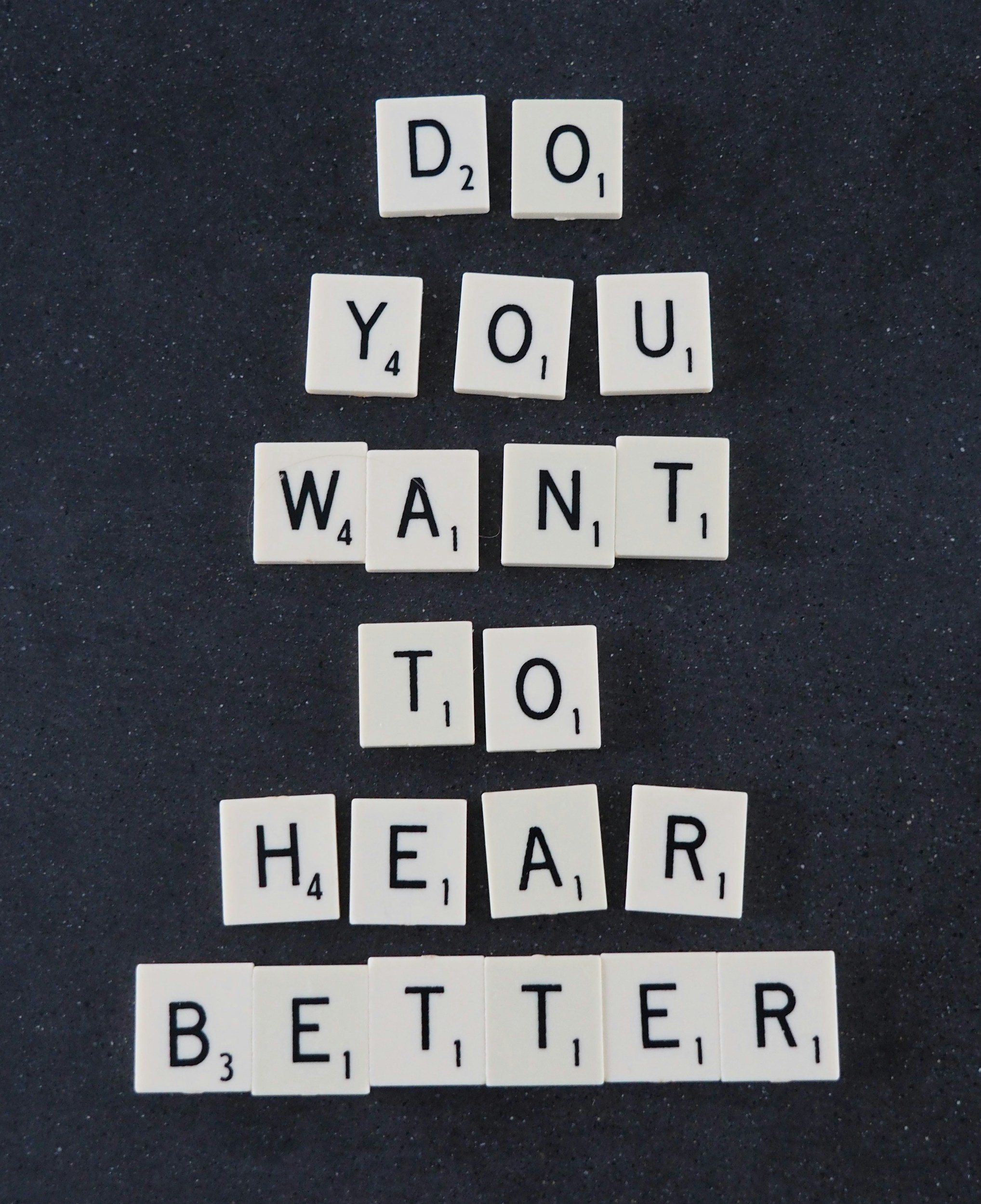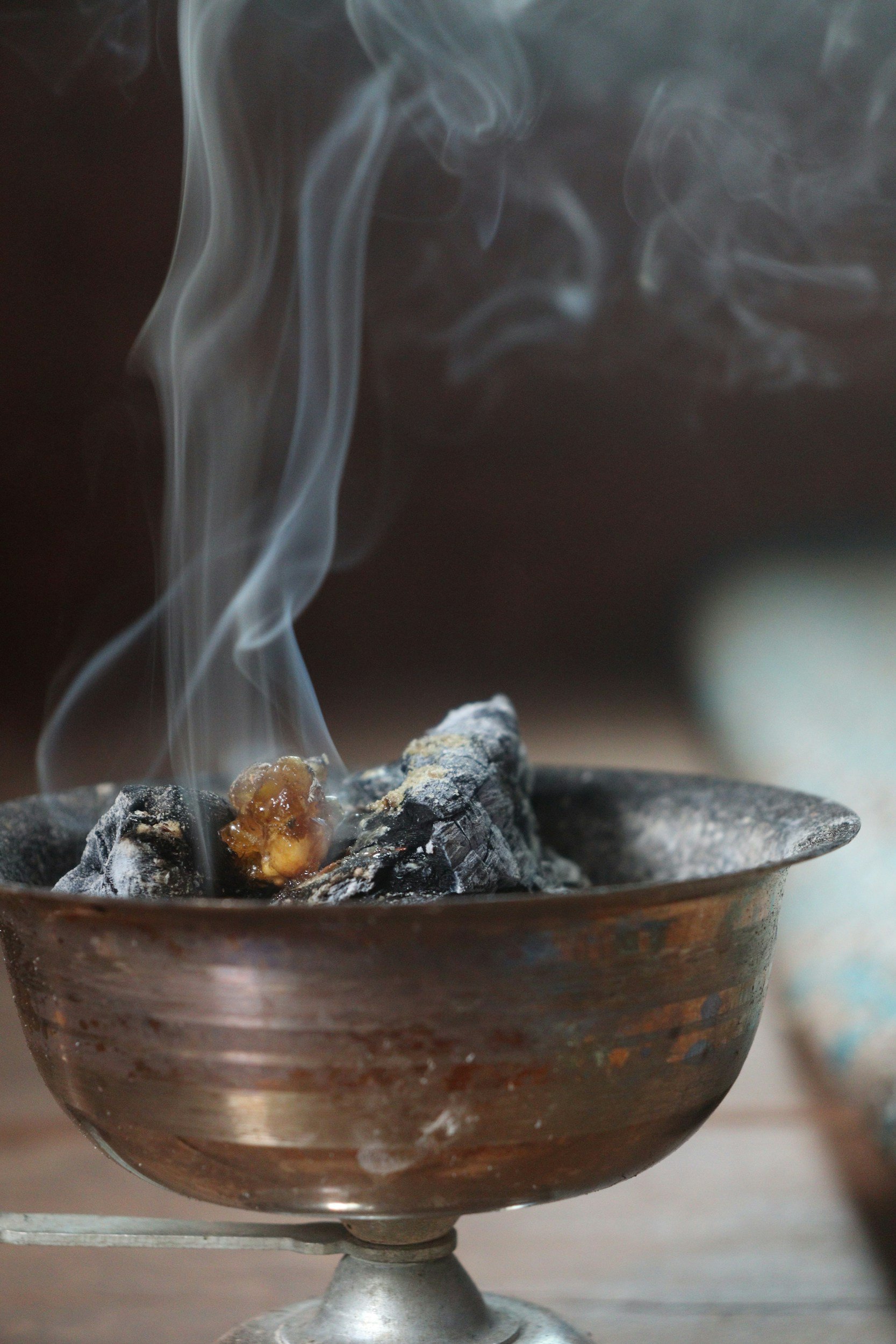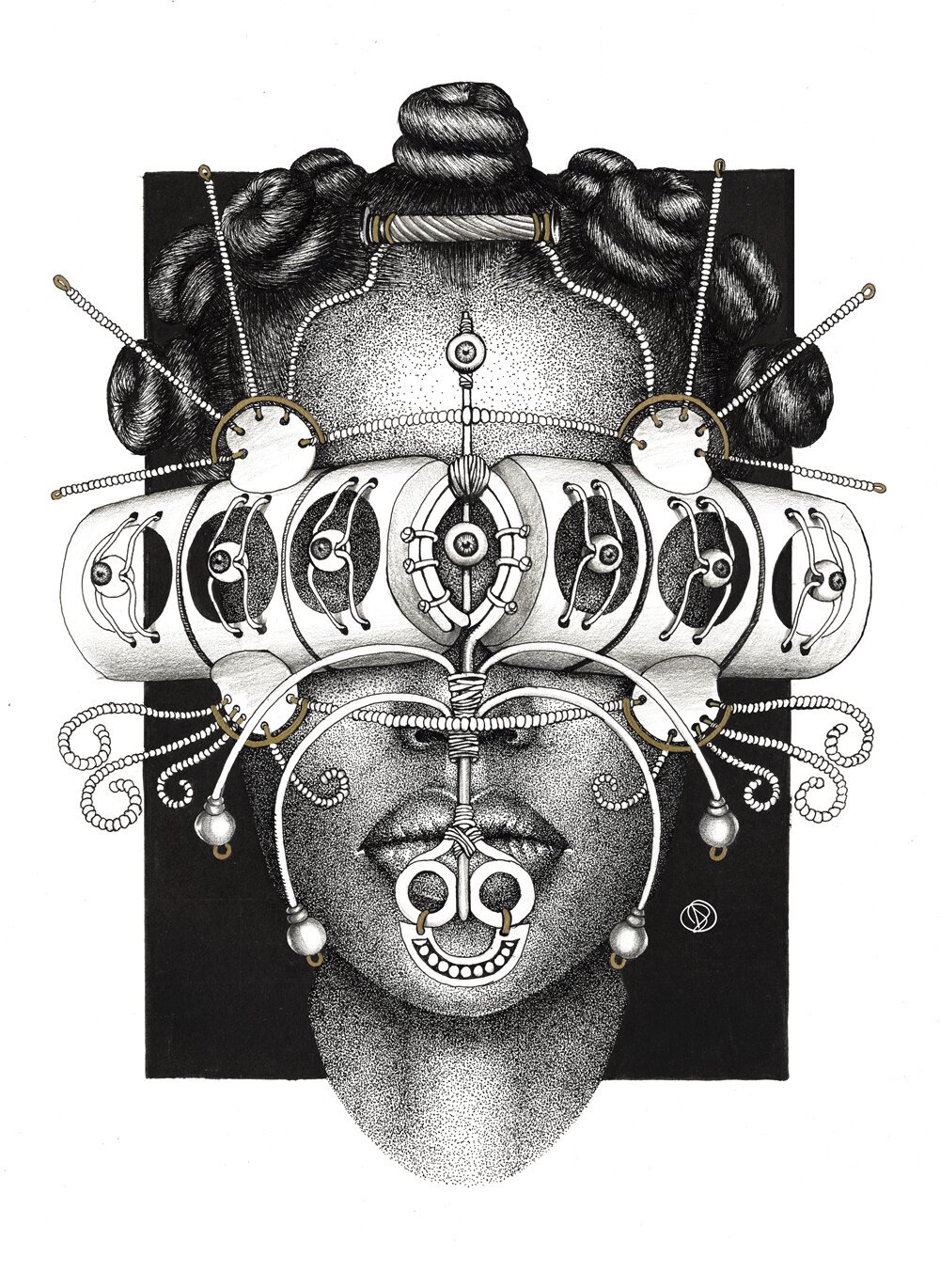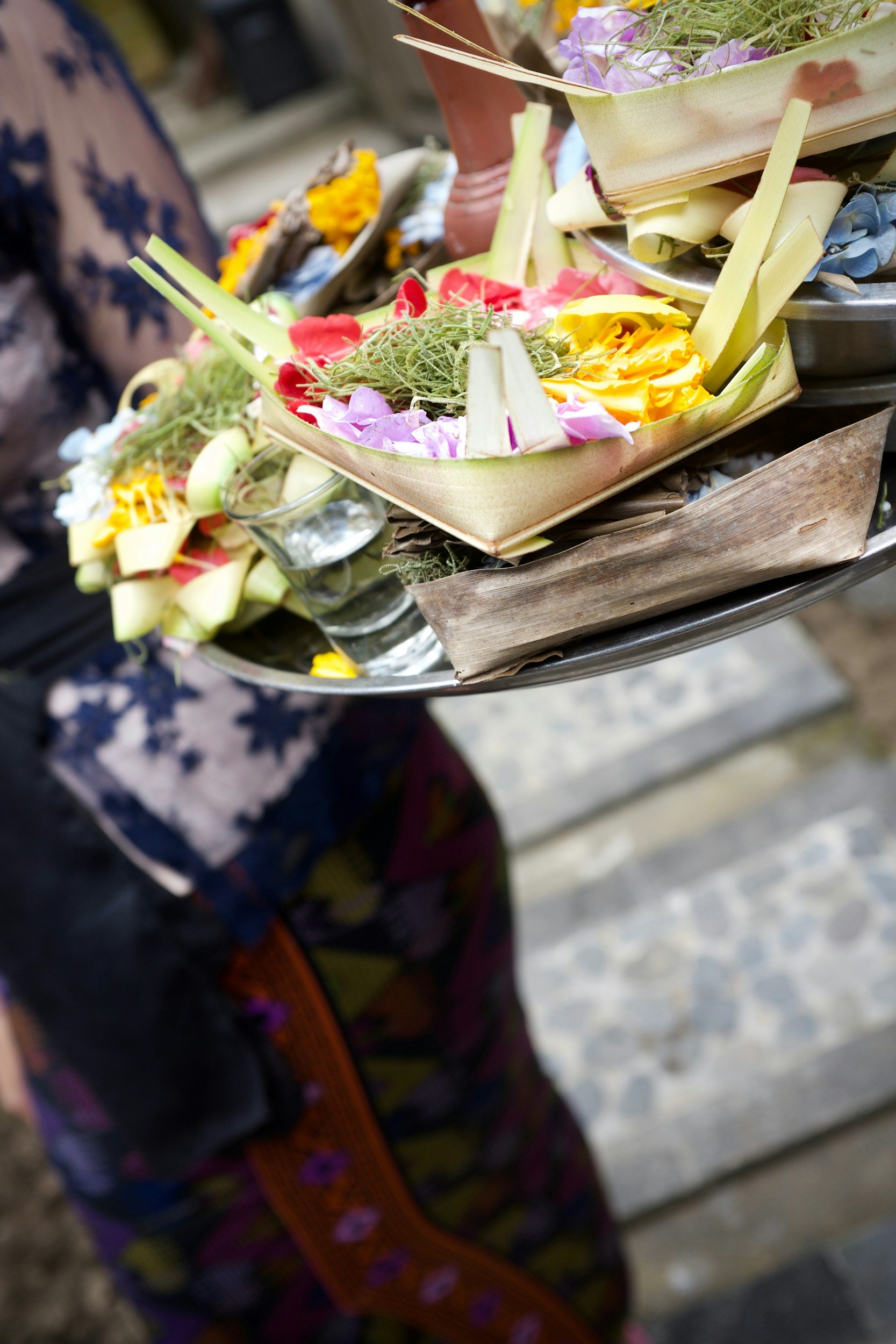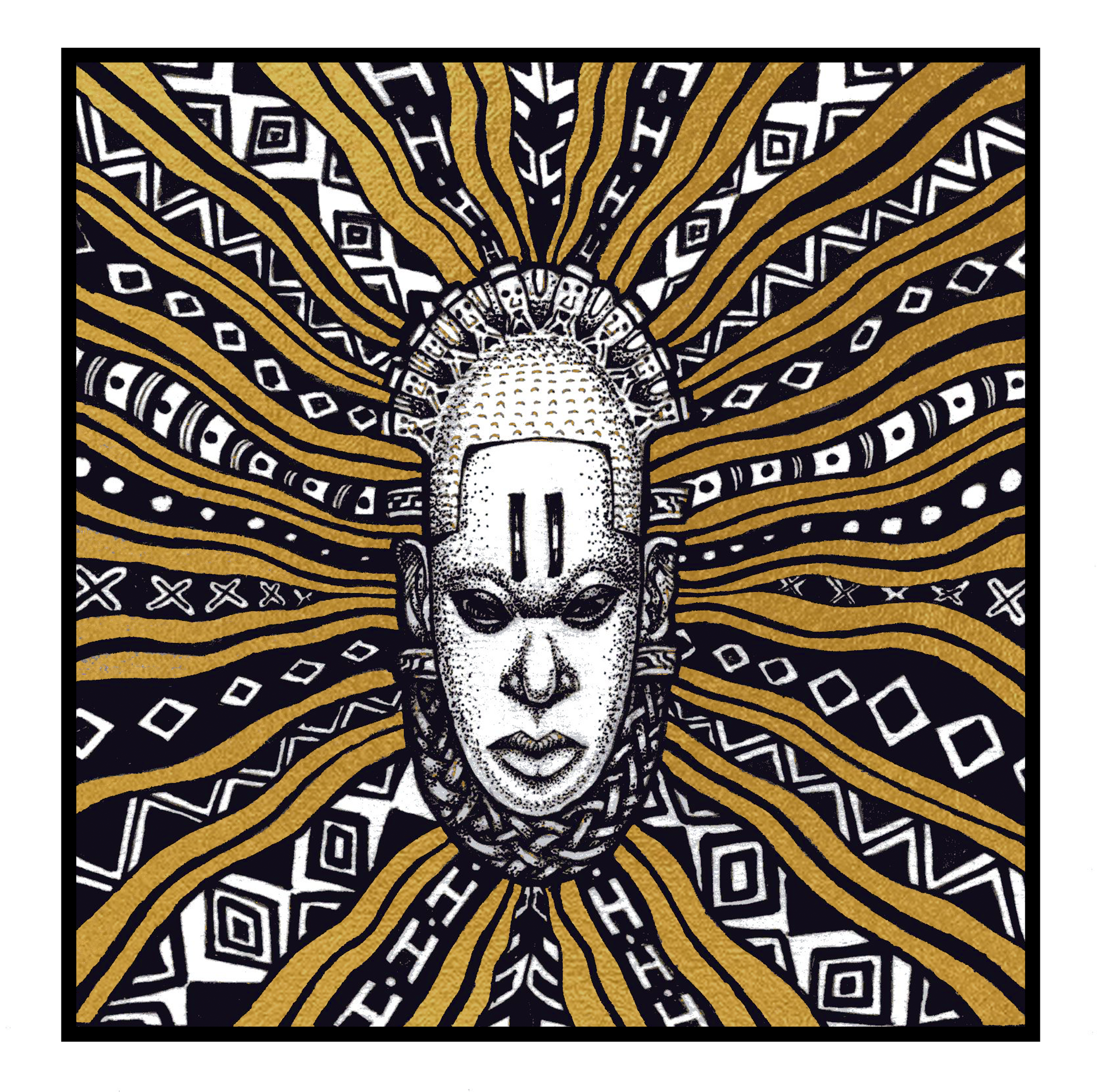Maintain Internal Dialogue With Your Chi (Do This to Overcome Practitioner Guilt)
Listen to this article 👆🏾
Let’s face it, if you’re engaging Odinani as a spiritual practice, especially if you’re new to the system, there’s a high chance guilt has knocked on your door a few times. Maybe you forgot to observe a routine, missed a ritual, or simply felt out of sync with your practice. That sinking feeling creeps in, disturbing your mind with the idea that you’ve failed or that you’re not committed enough.
Let me stop you right there. Guilt is not an Odinani value. In fact, it’s an emotion that thrives on disconnection and shame, two things you absolutely do not need when working with your Chi.
So, let’s talk about why this happens and, more importantly, how to stop it.
Guilt in Odinani: Where Does It Come From?
Many practitioners adopt Odinani with baggage from prior religious or spiritual systems. Guilt usually stems from those systems' rigid frameworks: rules you must follow “or else”. But unlike those systems, Odinani isn’t about punishment. It’s about balance, alignment, and an ongoing relationship with your energies, especially your Chi.
You’re not here to check boxes or earn gold stars from the cosmos. Your Chi isn’t hovering over you with a scorecard. It’s your ally, not your judge.
The Power of Internal Dialogue With Your Chi
Here’s the game-changer: Your Chi is always present. As long as you’re breathing, it’s right there with you. Feeling guilty? That’s the perfect time to engage in internal dialogue. Talk to your Chi. Yes, talk, like you would to a trusted friend, a supervisor, or a partner.
Here’s how:
Acknowledge Your Feelings: Say exactly what’s on your mind. Feeling overwhelmed? Tell your Chi. Frustrated that you missed a commitment? Share that. The act of voicing it out, even internally, helps release the emotional weight.
Explain Your Capacity: Be honest about what you can and can’t do. Your Chi understands your humanity, but there’s power in consciously communicating it. For example: “Chi m, I planned to do this today, but I’m exhausted. I’ll try again tomorrow.”
Stay Open to Guidance: Intuitively, your Chi will nudge you toward balance. You might feel a sudden sense of clarity or notice synchronicities that guide your next steps. Trust that process.
Why This Works
Maintaining dialogue with your Chi creates a relationship built on trust and partnership. It removes guilt because you’re no longer operating under the assumption that you must be perfect. Instead, you’re actively collaborating with your Chi, creating a flow that feels both natural and empowering.
When you cultivate this habit, you’ll notice three major shifts:
Ease: That sense of tension around unmet commitments starts to dissolve.
Accountability: You’ll feel a natural pull to honor your commitments without the weight of guilt.
Divine Grace: You’ll tap into the inherent grace available in Odinani, because it was never about perfection but connection.
A Note on Divine Grace
Here’s another thing: Odinani already has room for your imperfections. The energy of your Chi, your ancestors, and cosmic forces understands the ebb and flow of life. When you maintain dialogue, you’re leaning into this grace rather than resisting it.
To Sum It Up
If you take one thing from this reflection, let it be this: Perfection isn’t the goal. Relationships are. Talk to your Chi daily, not just when things go wrong. Discuss your dreams, struggles, and everything in between. This habit will transform how you engage with your practice and free you from the burden of guilt.
So the next time you miss a step or feel off track, pause, take a breath, and say: Chi m, here’s where I am today. Guide me forward. Trust that your Chi is always listening, and it has your back.

Recommended Resources:
How to connect or reconnect with your chi | Nwanyị Amaechi Okunano (YouTube)
Inspiring Lessons from the Igbos for Invoking your Personal Chi | Sreelatha Balasubramanian (Article)
Step 2: Chi na Eke | Odinani: The Sacred Arts & Sciences of the Igbo People (Article)
Chi Explained - Igbo Cosmology | Medicine Shell (YouTube)
Join Odinani Mystery School for access to Exclusive in-depth teachings on ancient Igbo wisdom and mystical sciences!
Igbo writer, mystic and philosopher.

